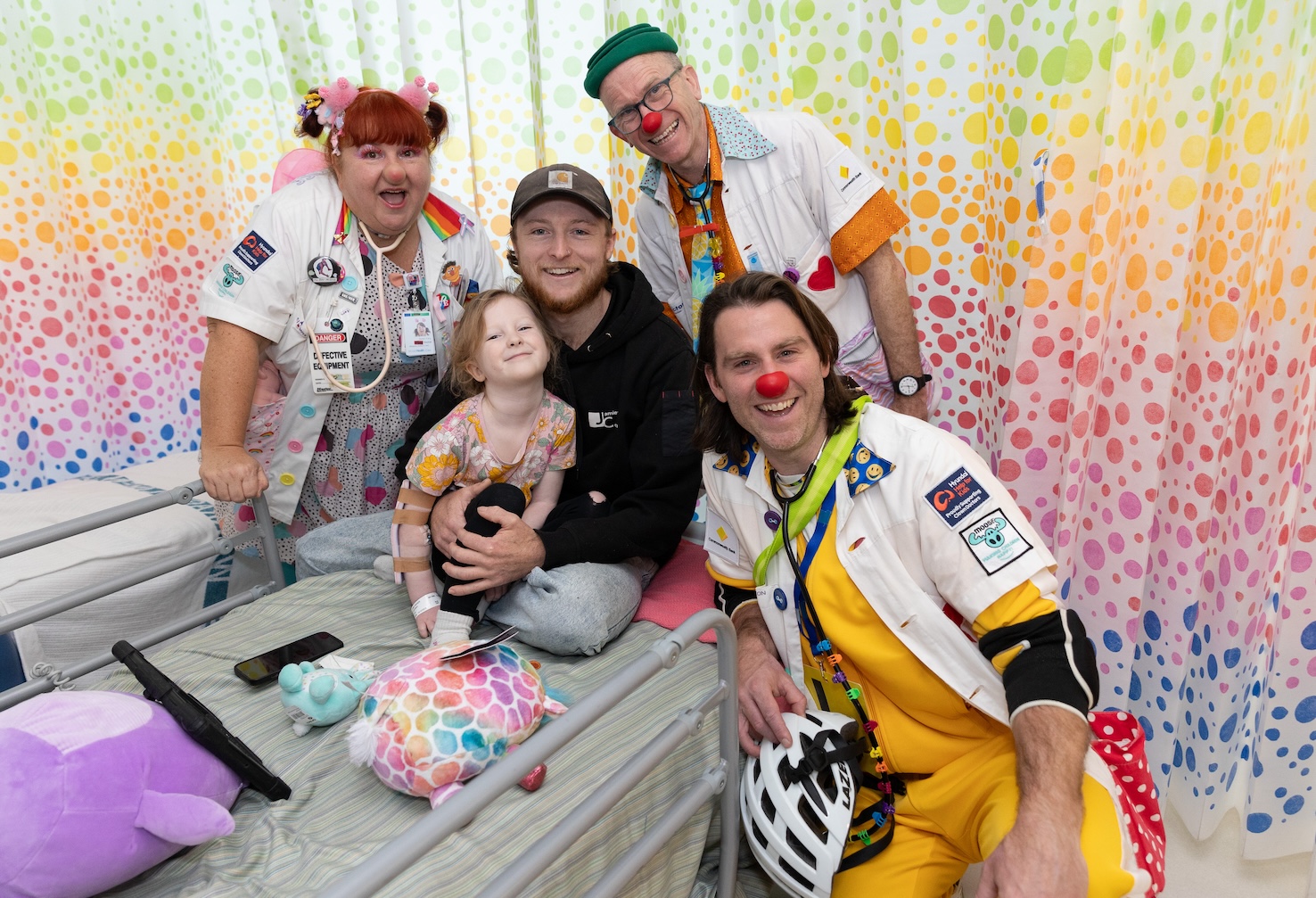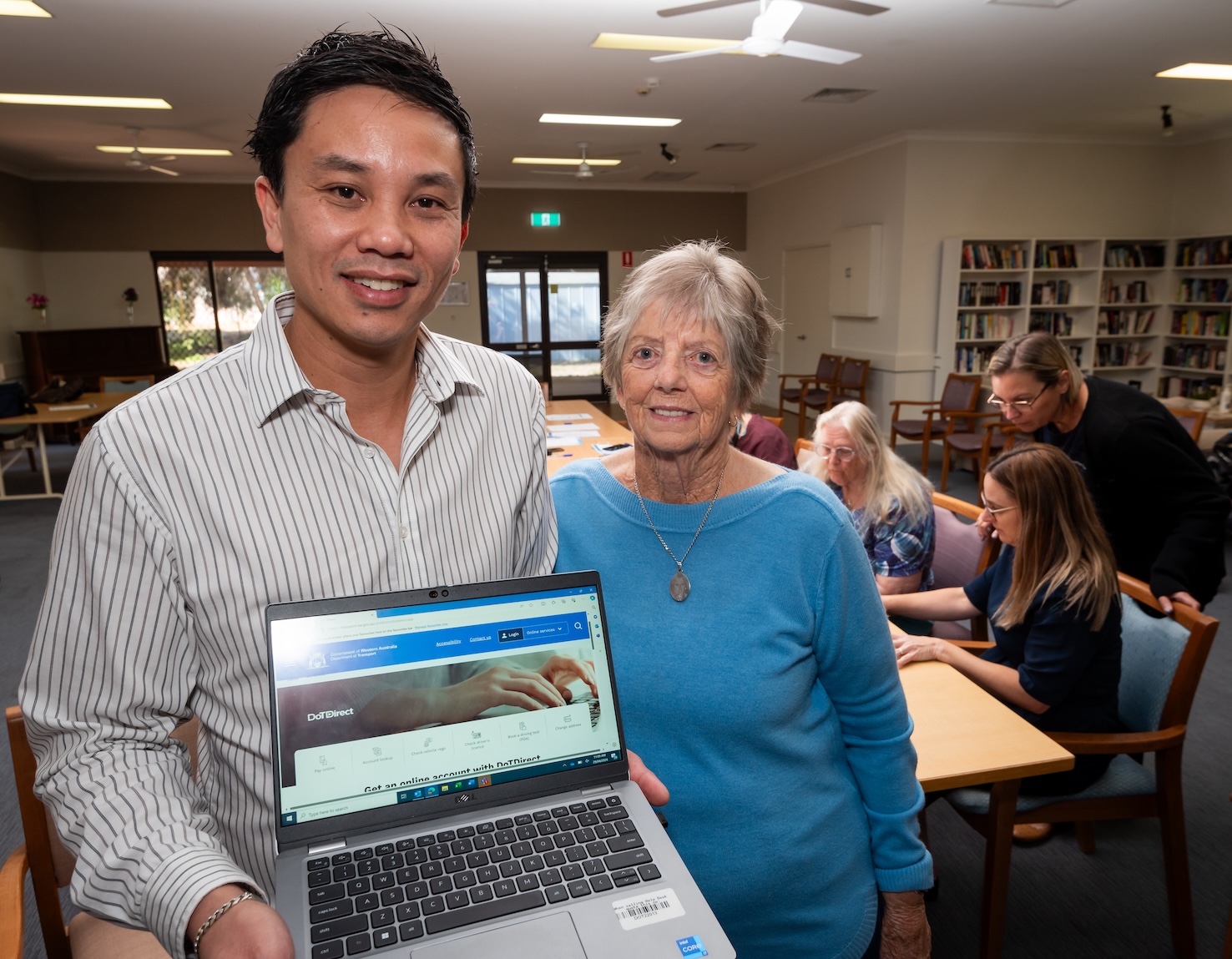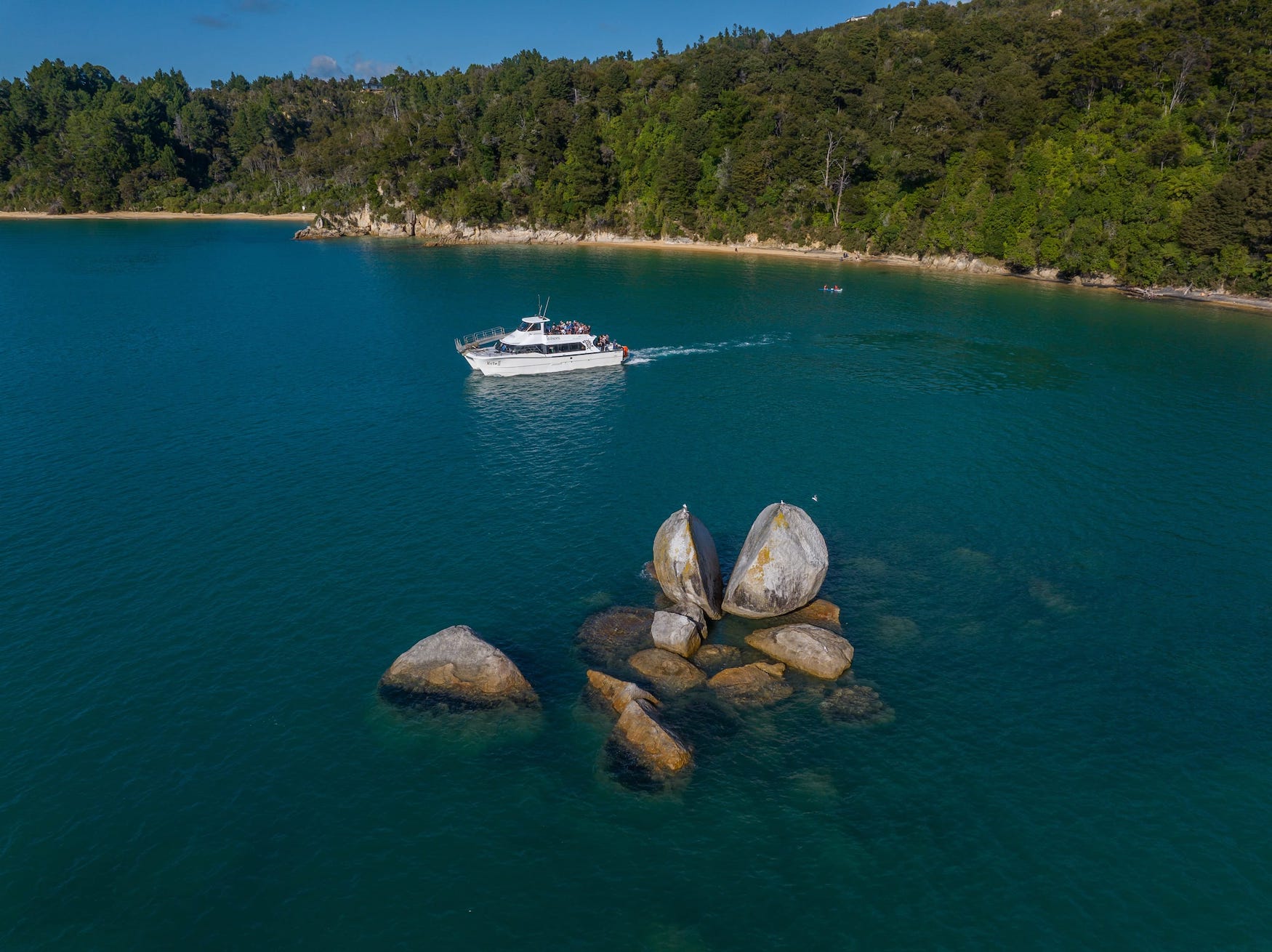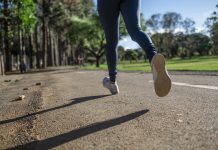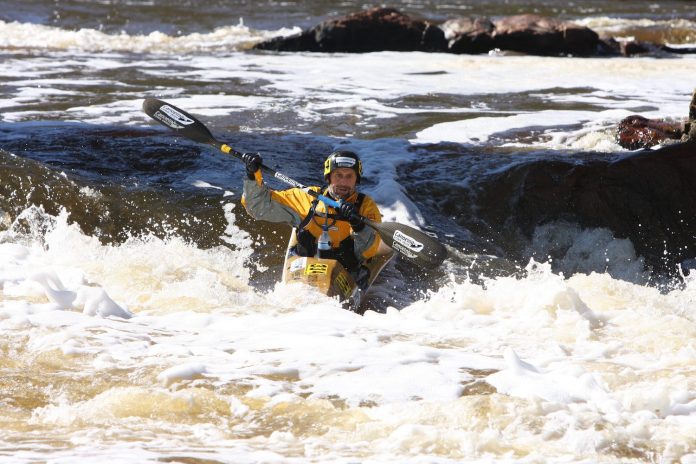by Janet Gatt
Although the Arctic tribes of North America and Russia used kayaks for food hunting and transport 4000 years ago, kayaks were not introduced into Western Europe until the mid/late 1880s.
John MacGregor was a renowned British travel writer and adventurer who popularised recreational kayaking in the 19th century with books on his paddling expeditions into European waterways, the Balkans, and the Middle East. He also founded the British “Royal Canoe Club’, the first ever kayaking club, in 1886.
I had coffee recently with Terry Bolland, a modern-day ‘MacGregor’, also an adventurer and paddling icon. Terry’s kayaking expeditions in Europe, Canada, USA, Alaska, and the Kimberley equal that of his forbear. He has paddled over 150,000km, and has also written books about his explorations.
Terry, who settled in Perth in 1977, has nurtured competitive and recreational kayaking in Western Australia. He has received Gold in national and state competitions, countless awards including the Avon Descent Legend, and is a member of the Paddle WA Hall of Fame. His paddling courses, under the auspices of his business Canoeing Down Under (CDU), trained thousands of WA paddlers. He is the longest continual member of Ascot Kayak Club, which he joined in 1978, and is about to compete in his 30th Avon Descent.
When Terry joined Ascot there were four clubs in WA. The Swan Club which started in 1965, originally in Perth waters, moved to Mosman Park in 1970; Ascot Kayak Club was started in 1972 by a Swan member who lived in that area; The Tertiary Education Canoe Club eventually became Canning Club, and the Darling Range Club is now defunct. The clubs each had about 150 members who paddled fibreglass kayaks. Plastic kayaks became available in the 1980s and were a major boost to the sport.
Currently Paddle WA lists 12 Clubs on its books and boasts 1560 members. There are also many smaller incorporated and non-incorporated clubs and regular social groups who meet regularly to paddle. There are hundreds of paddlers on local waters most weeks.
The Over 55 Canoe Club (Inc), current membership 60 paddlers, was formed by the Department of Sport and Recreation in 1986 to introduce kayaking to men and women over 55.

In 1973 the first Avon Descent, the brainchild of the Northam Tourist Council, took place with 54 entrants, 23 finished the race. This powerboat/kayak event covered 134km. Over the years entry numbers swelled to more than 800 with elite international paddlers taking part. In recent years numbers have decreased. Once a bucket-list achievement for paddlers, the race is facing stiff competition from other non-paddling marathon events. Twenty years ago, the race used to attract more than 150 novices, (CDU used train over 100 paddlers). Nowadays new entrants’ number 40 plus.
In 1994 Terry published a book of maps of the Avon River. He researched the Avon on his bike, using the adjacent railway roads, over a period of 18 months. He named all but seven rapids, and daunting titles such as The Terminator (which claimed many fibreglass boats), Bone Breaker, Deadly Mistake and Heart Stopper were to warn that ‘these rapids command respect’.
Kayaking became an Olympic sport back in 1936. Currently WA produces a disproportionate number of elite paddlers and has 13 Olympians in Slalom and Sprint. Seven WA paddlers, including Terry, will represent Australia in the World Masters and World Marathon Championships in Denmark (EU) next month (September). Australia’s best marathon paddler is from WA.
Many local kayakers are recreational paddlers who enjoy the inherent physical exercise, socialising with friends, and the incredible commune with nature. If you are not a paddler, and can swim, why not give this addictive activity a try?
If anyone is interested in paddling with the Over 55 Canoe Club contact president Chris Cocker on 0410 479 024 or secretary Dale Winn 0n 0420 733 024.
For more information visit: www.over55canoe club.org.au



